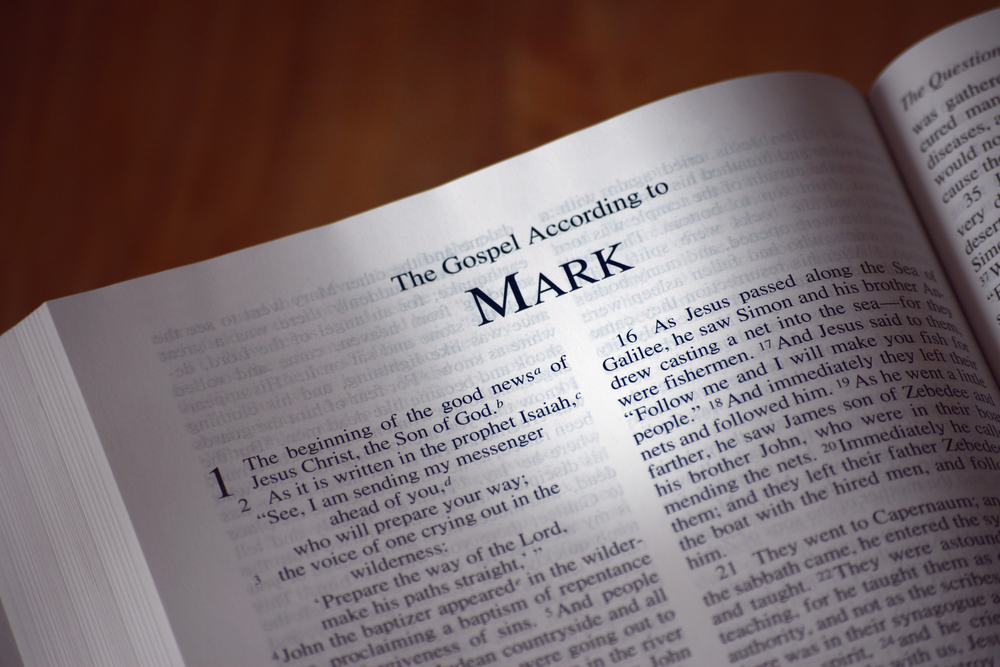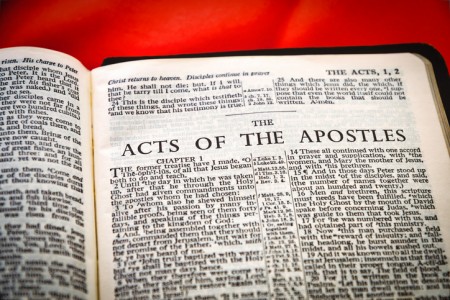In Mark 12:28-29 (NKJV), a scribe approaches Jesus and asks, "Which is the first commandment of all?" Jesus responds by quoting the Shema from Deuteronomy 6:4:
“Hear, O Israel, the Lord our God, the Lord is one.”
The Greek word translated as "one" in this passage is heis (εἷς), and its meaning is crucial in understanding the nature of God. Some argue that "one" here implies unity rather than absolute singularity, suggesting a composite oneness. However, a deeper examination of the Greek language and biblical context clarifies that heis does not denote unity in the sense of multiple persons forming one entity.
Understanding "Heis" in Greek
The Greek term heis (εἷς) is a numerical adjective that means "one" in the absolute sense. It does not inherently carry the idea of a collective unity (as in multiple parts forming a whole). If Jesus had intended to express a unified plurality, Greek had other words to convey that idea, such as henotes (ἑνότης), meaning "unity," or koinonia (κοινωνία), meaning "fellowship." Instead, He chose heis, emphasizing the absolute oneness of God.
Moreover, in Greek grammar, heis functions as a singular masculine adjective. If God were a unity of multiple persons, one would expect a different grammatical construction, such as a neuter plural form, which does not appear in this passage.
Contrast with Other Words for Unity
The idea that "one" means unity often comes from a misunderstanding of passages like Genesis 2:24, where Adam and Eve become "one flesh." The Hebrew word there, echad (אֶחָד), sometimes denotes a unified entity but is context-dependent. In contrast, Deuteronomy 6:4, which Jesus quotes, uses echad to denote absolute singularity, which is also translated as 'heis' in the Greek Septuagint.
If Jesus had meant to convey a composite unity, He would have used a different term or provided clarification. Instead, He emphatically affirms monotheism: the Lord is not just unified—He is absolutely one.
Jesus’ Use of the Shema
Jesus' affirmation of Deuteronomy 6:4 aligns perfectly with the biblical doctrine of God’s indivisible oneness. As a faithful Jew, He upheld and reinforced monotheism, rejecting any notion of a plurality within the Godhead. His response directly counters any Trinitarian interpretation of God's nature, which seeks to introduce a concept foreign to the Shema.
Additionally, the scribe’s reaction in Mark 12:32 further solidifies the correct understanding:
“Well said, Teacher. You have spoken the truth, for there is one God, and there is no other but He.”
The scribe affirms Jesus' declaration, interpreting heis as absolute singularity, not as unity among multiple persons.
Conclusion: The Absolute Oneness of God
The Greek word heis in Mark 12:29 does not mean unity in the sense of multiple persons forming one God. Instead, it reinforces the foundational truth that God is numerically one—an indivisible, singular being. Jesus, in quoting the Shema, reaffirmed the monotheistic identity of God as taught throughout Scripture.
For those who hold an Apostolic, Oneness Pentecostal belief, this passage powerfully supports the truth that God is absolutely one. The Lord Jesus Christ is the manifestation of this one true God in flesh (1 Timothy 3:16), not a second divine person within a plurality. The Shema and the teachings of Jesus stand as unwavering declarations: God is one, and beside Him, there is no other.






Marylene Cabral
Interesting.